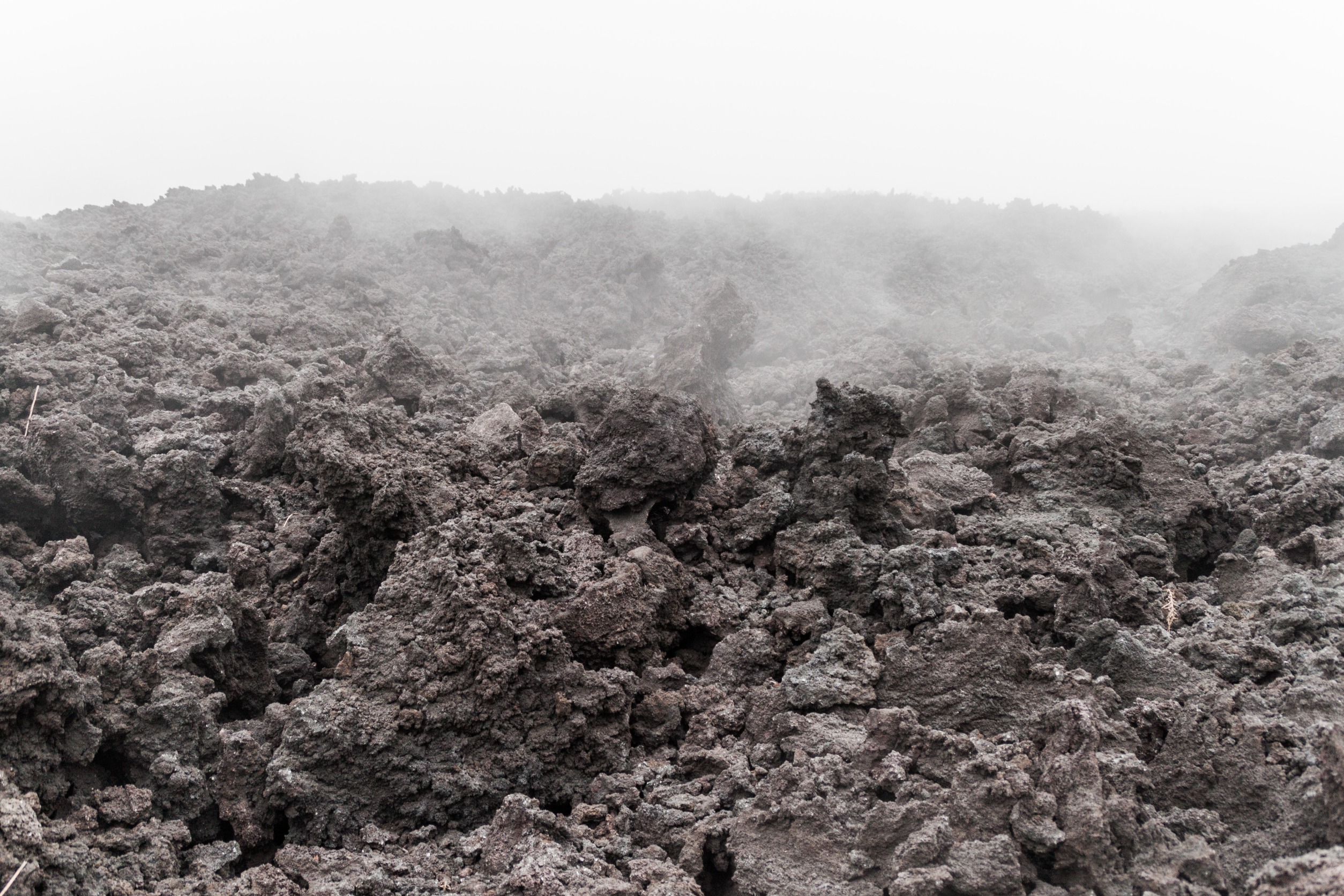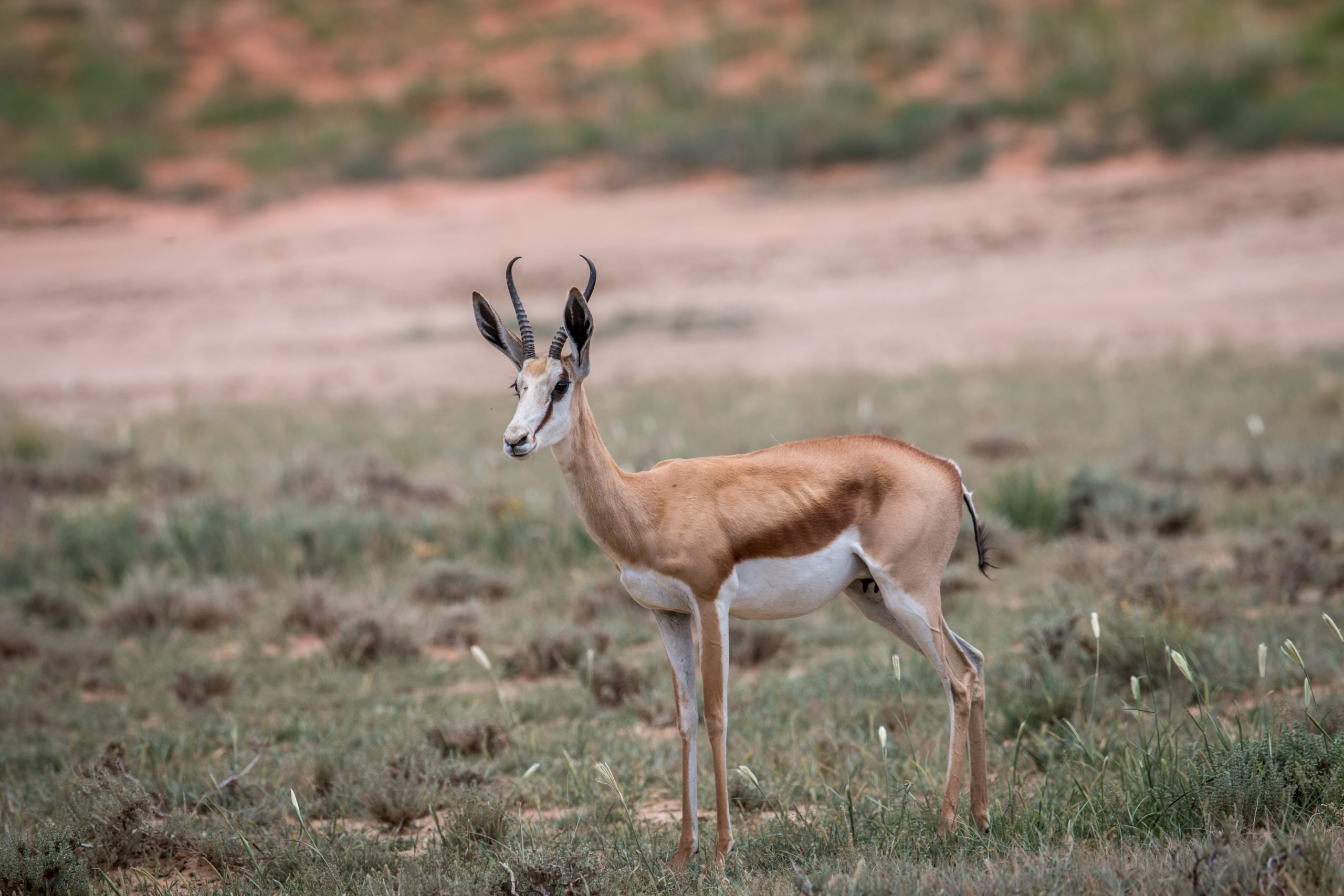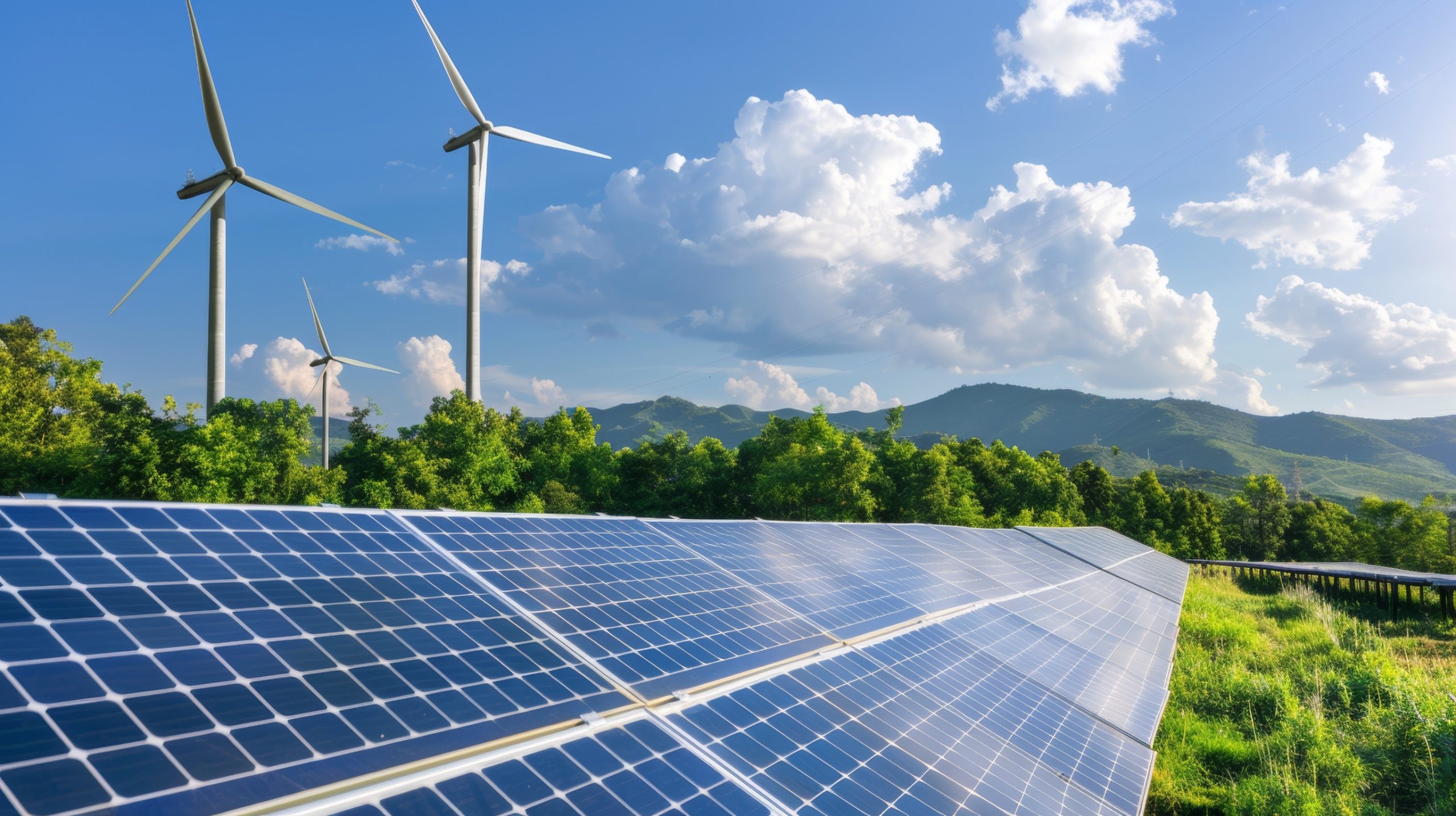Jurriaan Kamp | April/May 2010 issue
Our brains don’t function like a machine; rather they function like an ecosystem. “The brain has a tremendous ability to transform itself in response to change,” writes psychologist Thomas Armstrong in our cover story for this issue. Armstrong believes that differences among brains are as enriching—and essential— as differences among plants and animals, and argues that the new field of neurodiversity can help reverse the trend toward medicalizing and pathologizing people who are different.
Dyslexia provides a simple example. While not ignoring the pain and suffering caused by this and other mental disorders, Armstrong points out that we all know people who struggled through school, feeling dysfunctional and outcast as kids, only to become successful later in life when their achievements were not measured solely by how well they could read or write. Books were just not the way they expressed their intelligence and creativity. “Knowing we are all connected to each other just like ecosystems are connected means we need to have far greater tolerance for those whose neurological systems are organized differently from our own,” Armstrong writes.
Our brains are like rain forests, ecosystems with millions of species and characteristics that are somehow closely connected. It is interesting to see how the metaphor of ecosystems pervades more and more of our lives and society. The clockwork universe of 17th-century philosopher René Descartes is giving way to a more apt metaphor.
James Lovelock introduced the Gaia theory in the 1960s. Environmentally, he said, our world is totally connected. Now, climate change provides sad proof that we do, indeed, live in a rain forest. Forty years ago, Edward Lorenz proposed that, according to the chaos theory, a butterfly’s wings might create tiny changes in the atmosphere that could ultimately alter the path of a tornado. In other words, weather patterns are interconnected. We live in a rain forest.
We see the same development in other fields, too. Take health and medicine. For decades, we treated problems in our bodies as problems with machines: Exchange a part or repair a squeaky wheel. Antibiotics are great, and can protect us against dangerous bacteria. Yet they have limitations, too, and can—if used for a long time—distort the healthy balance of organisms in and around us. Our bodies are rain forests, too. Even the military-as-machine approach doesn’t work anymore. Big armies with big weapons are not very successful in fighting guerillas. And attempts to push the enemy out of a village with brute force plant the seeds of new resistance generations later. We live in a rain forest. The collapse of one bank—Lehman Brothers—triggered the worst international financial crisis in a century. Nobody anywhere was spared. And if a small country in Europe, Greece perhaps, defaults on its debt, it may trigger another financial collapse. Economically, we live in a rain forest, too.
There is no escape. Wherever we are, whatever we do, we are related and connected. Reading the headlines and watching the news, it seems that politicians and business leaders keep trying to deny this new reality. It may take another generation to embrace the world of cooperation and community fully. Meanwhile, we already live together in a rain forest—and it’s good.
We Live in a Rain Forest
More of Today's Solutions
Migration of 6 million antelope in South Sudan is the largest land mammal mov...
BY THE OPTIMIST DAILY EDITORIAL STAFF A thorough aerial study in South Sudan revealed a startling migration of six million antelope, establishing it as ...
Read MoreVolcanic ash may be a game changer in sustainable solar energy storage solutions
When calamity hits and volcanic ash blankets the land, it is commonly perceived negatively, for many obvious reasons. However, novel research from the University of ...
Read MoreWind and solar energy production in US surpasses coal for the first time in h...
BY THE OPTIMIST DAILY EDITORIAL TEAM According to the United States Energy Information Administration (EIA), wind and solar energy generated more electricity than coal ...
Read MoreThe Dominican Republic reforests a fifth of the country in just 10 years
In the heart of the Dominican Republic, the dramatic story of land reclamation unfolds. Carlos Rodríguez, a diligent farmer, thinks about the once barren ...
Read More










